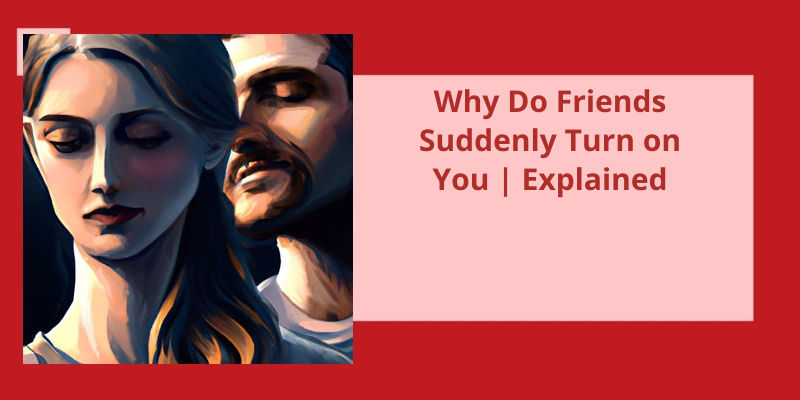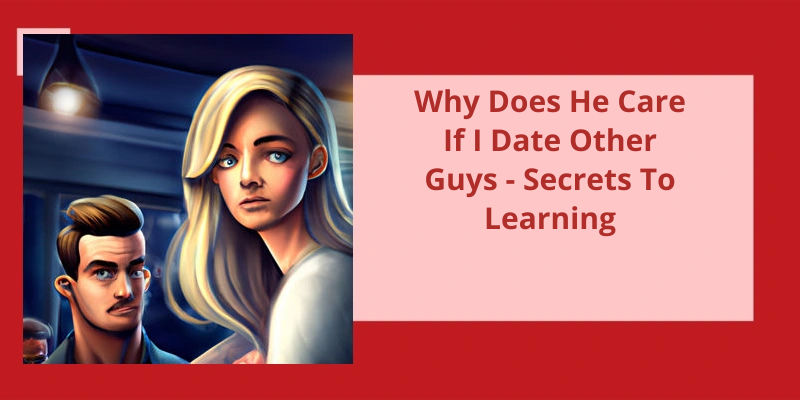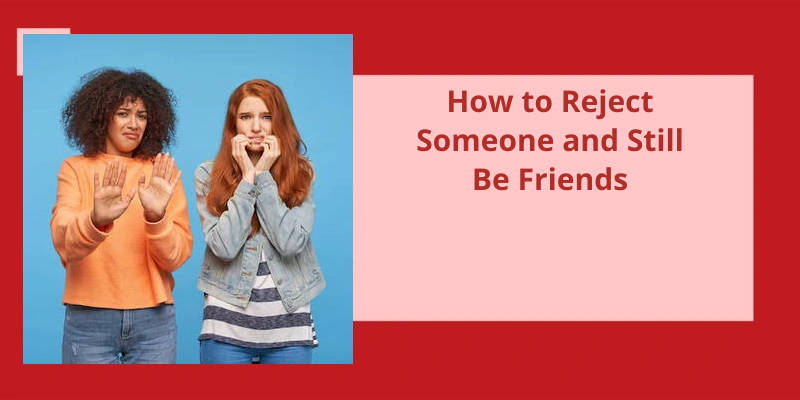As human beings, it's natural for us to form strong bonds and deep connections with the people we let into our lives. We share experiences, joys, and even hardships with our friends, expecting them to be there for us through thick and thin. However, sometimes, things can take a sudden turn, and those who we once trusted and considered as friends may end up turning on us. This can be a perplexing and painful experience that leaves us confused and hurt. But why does this happen? What’re the reasons behind friends suddenly turning on us? Revealing the complexity of human relationships, this phenomenon can stem from a multitude of causes, from jealousy, envy, misunderstandings or altered priorities, to personal issues that are beyond our control. Understanding the dynamics of such occurrences is crucial in dealing with the aftermath and moving forward, towards healthier friendships and self-growth.
What Does It Mean When People Turn on You?
However, when someone turns on you, it means they suddenly become hostile, critical or unsupportive towards you. This can happen for a variety of reasons, including jealousy, a change in relationship dynamics, or simply a miscommunication. Whatever the reason, being turned on by someone can be a hurtful experience, especially if it’s unexpected.
At times, being turned on can be a sign that you need to re-evaluate your relationships and the people you surround yourself with. It’s important to consider whether this persons behavior is indicative of a larger issue, such as a toxic relationship or an unhealthy dynamic. If this is the case, it may be time to set boundaries or distance yourself from them.
On the other hand, sometimes being turned on can be an opportunity to have a difficult conversation and work through the issue together. This requires a level of vulnerability and communication, but if both parties are willing to do the work, it can lead to growth and stronger relationships.
Ultimately, being turned on can be a painful experience, but it’s one that can lead to growth and self-reflection. It’s important to take time to process your emotions, reflect on the situation, and consider your next steps. Whether that means re-evaluating your relationships or having a difficult conversation, it’s important to prioritize your own well-being and do what feels right for you.
However, other factors can also contribute to the shift from friend to frenemy. In this article, we will explore the reasons why friends suddenly become enemies and how to determine whether a frenemy is worth keeping in your life.
Why Do Friends Suddenly Become Enemies?
Sometimes, friends become enemies due to differences in opinion or values. When friends have opposing beliefs or stances on important matters such as politics or religion, it can lead to tension and arguments. If they can’t come to a compromise or understanding, it may result in the end of the friendship.
In other cases, envy or jealousy can turn friends into enemies. If one friend achieves success or gains something another friend desires, it can cause resentment and bitterness. The envious friend may begin to undermine or sabotage the others achievements, leading to a breakdown in the friendship.
Betrayal can also occur in smaller, more subtle ways. For example, a friend may consistently cancel plans or not show up when promised, causing the other friend to feel disrespected and unimportant. Over time, this can lead to feelings of mistrust and animosity.
Sometimes, friendships simply fizzle out. People change and grow apart, and what was once a strong bond may become superficial or nonexistent. It’s natural for friendships to have ups and downs, and sometimes the end of a friendship is simply a matter of drifting apart.
Finally, some people thrive on drama and conflict. They may intentionally create problems or drama in their friendships for attention or entertainment. These individuals often enjoy stirring up trouble and may take pleasure in the chaos that ensues.
It’s important to remember that not all friendships are meant to last forever. People change and grow, and sometimes friendships don’t survive these changes. While it can be painful and confusing when a friend becomes an enemy, it’s important to focus on building positive, healthy relationships with others who share your values and respect your boundaries.
The Role of Communication in Maintaining Friendships: How Open and Honest Communication Can Prevent Misunderstandings and Conflicts From Escalating.
In friendships, open and honest communication plays a critical role in preventing misunderstandings and conflicts from escalating. By expressing our thoughts, feelings, and concerns clearly to our friends, we can maintain a healthy relationship based on trust and mutual understanding. Open communication helps us resolve disagreements quickly and effectively, without causing lasting damage to the friendship.






